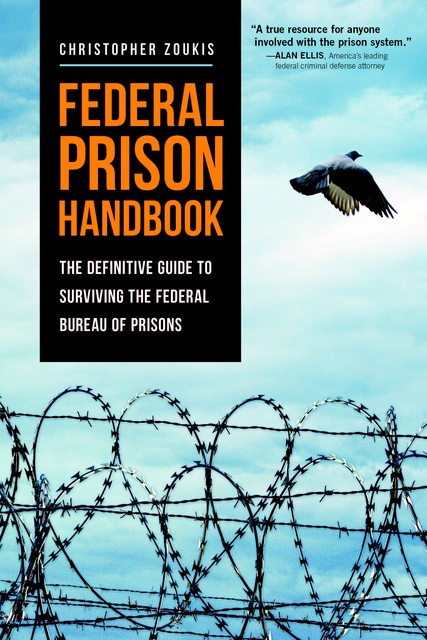by Matt Clarke
The U.S. Court of Appeals for the Ninth Circuit held that a Las Vegas, Nevada, police detective was not entitled to qualified immunity for arresting sidewalk chalkers who had chalked anti-police slogans, when he did not arrest other chalkers whose themes were not anti-police, even …
by Matt Clarke
The U.S. Court of Appeals for the Sixth Circuit held that the sentence of a convicted bank robber who did not have a gun, did not touch, bind, tie up, or lock up bank employees and did not tell them to move to another location …
by Matt Clarke
The U.S. Court of Appeals for the Fifth Circuit held that a prior conviction for aggravated assault with a firearm under Louisiana state law, La. R.S. 14:37.4 is not categorically a “crime of violence” as defined by U.S. Sentencing Guidelines § 4B1.2(a) and therefore could …
by Matt Clarke
The Supreme Court of Washington held that a trial court erred when it refused to permit an attempted child rape defendant to introduce evidence of his lack of a criminal history to support his claim of lack of propensity to commit the crime and denied …
by Matt Clarke
The Court of Appeal of California, Fourth Appellate District, held that the term “actual killer” as used in California Penal Code§ 189(e)(l) — as revised by Senate Bill 1437, which amended the felony-murder rule and natural and probable cause doctrine — means the person who …
by Matt Clarke
LAW ENFORCEMENT OFFICIALS OFTEN deploy trained dogs to detect drugs, but how accurate are the canine sniffs? Since the dog cannot testify, the courts have simply accepted that a certified drug dog is sufficient to provide probable cause for a search when the dog alerts its …
by Matt Clarke
The Supreme Court of California held that conspiracy to commit home invasion robbery is not subject to enhancement to an indeterminate life sentence under California Penal Code § 186.22(b)(4).
Police investigating the Norteño criminal street gang had wire taps and live surveillance in place …
by Matt Clarke
The U.S. Court of Appeals for the Third Circuit held that U.S. District Court for the Western District of Pennsylvania erred when it denied a federal criminal defendant’s request to represent himself without first conducting an adequate inquiry.
Donte Taylor was serving parole …
by Matt Clarke
The Court of Appeal of California, Second Appellate District, held the trial court erred by setting bail at an amount it knew the defendant was unable to post and failing to consider nonfinancial conditions of release for the purpose of pretrial detention in violation of …
by Matt Clarke
The Court of Appeals of Texas held that a motion for a new trial that has been overruled by the trial court may be amended with leave of the court within the 30-day period provided for in Rule 21.4(b) of the Texas Rules of Appellate …





